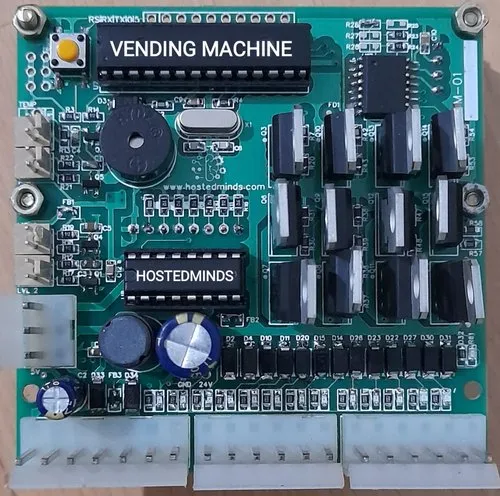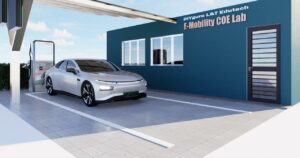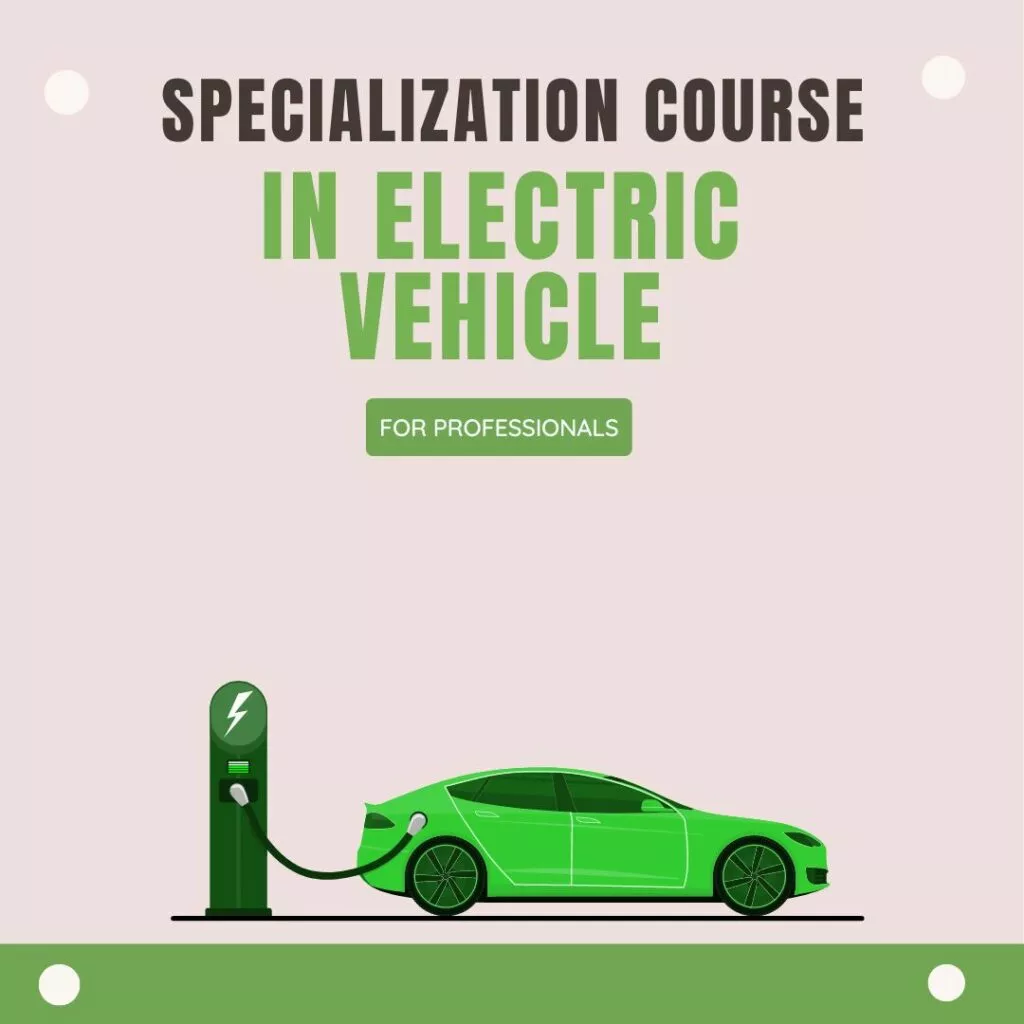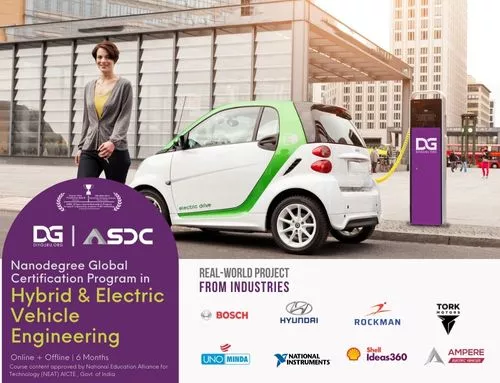Introduction:
As the world embraces sustainable transportation solutions, electric vehicles (EVs) are gaining widespread popularity. Behind the smooth operation and efficient performance of these EVs lies a crucial component known as the Electric Power Control Unit (EPCU). In this blog post, we will explore the role and significance of EPCUs in electric vehicles, highlighting their functions, benefits, and impact on the future of transportation.
What is an Electric Power Control Unit:
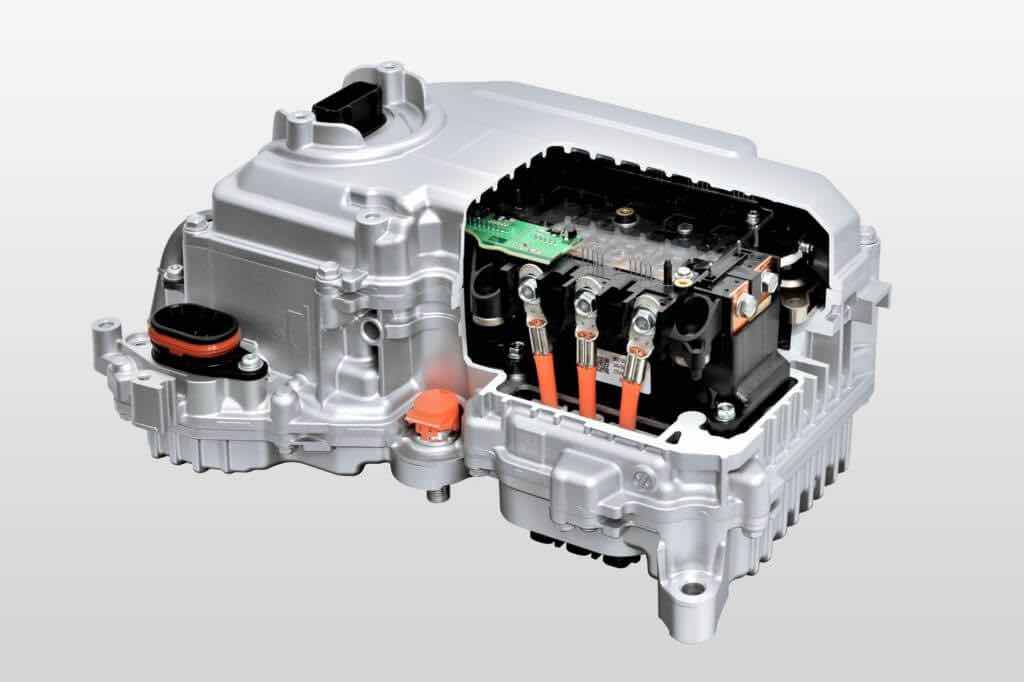
The Electric Power Control Unit (EPCU) is a vital component in electric vehicles that manages the flow of electrical power between the vehicle’s battery pack and the various electrical systems. It ensures efficient power conversion, distribution, and control, thereby optimizing the performance and range of EVs.
How Does an EPCU Work:
The EPCU receives electrical power from the battery pack and converts it into the appropriate voltage and current levels required by the different vehicle systems. It monitors and regulates power flow, ensuring optimal utilization and performance while safeguarding the battery’s health and prolonging its lifespan.
Key Functions of an EPCU:
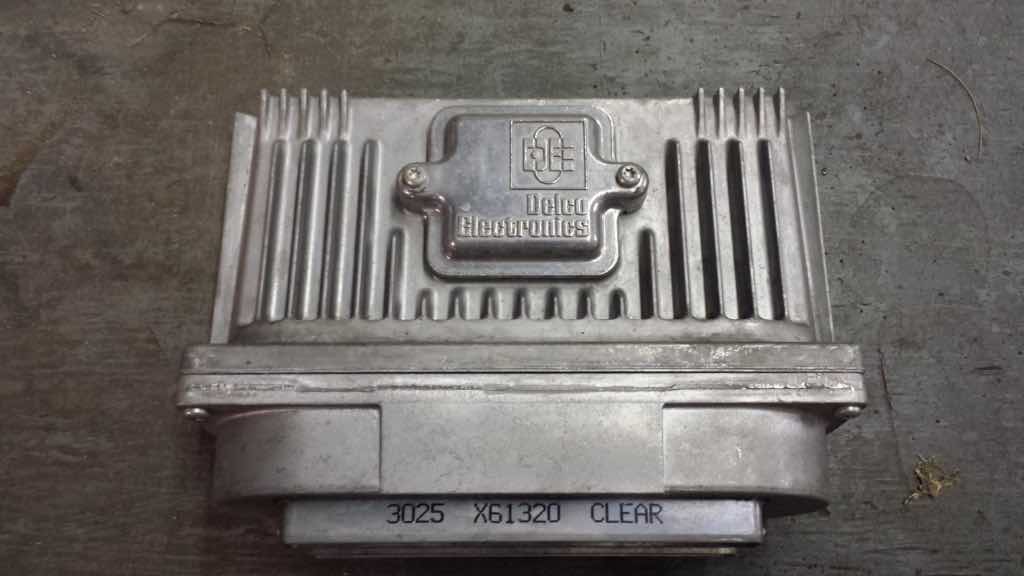
Power Conversion and Distribution: The EPCU converts high-voltage direct current (DC) from the battery into the appropriate voltage levels for different vehicle components, such as the motor, lights, and auxiliary systems.
Battery Management System: EPCUs incorporate advanced battery management systems to monitor the battery’s state of charge, temperature, and health. This ensures efficient charging, discharging, and protection against overcharging or deep discharging.
Motor Control: EPCUs regulate the power delivery to the electric motor, enabling precise control of acceleration, speed, and torque for optimal performance and efficiency.
d. Regenerative Braking Control: EPCUs manage the regenerative braking system, which captures energy during deceleration and stores it back in the battery, further enhancing the vehicle’s energy efficiency.
The Benefits of Electric power control unit Implementation:
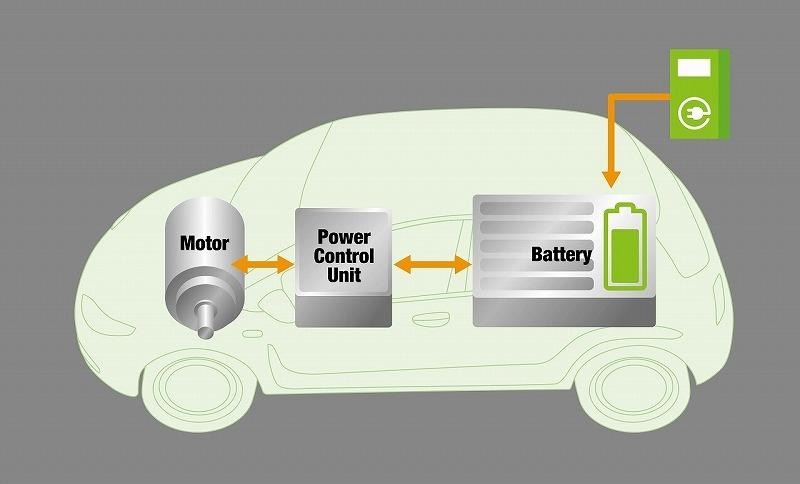
Enhanced Efficiency and Range: EPCUs optimize power flow and distribution, maximizing the efficiency of the electric drivetrain and extending the vehicle’s range per charge.
Optimal Power Distribution: EPCUs ensure that power is distributed intelligently among various vehicle systems, prioritizing critical functions and minimizing energy wastage.
Improved Performance and Acceleration: EPCUs enable precise control over the electric motor, resulting in smooth and responsive acceleration, enhancing the overall driving experience.
Intelligent Battery Management: EPCUs monitor battery health, preventing overcharging, deep discharging, and thermal damage, thus increasing the battery’s lifespan and reliability.
EPCU vs. Internal Combustion Engine Control Systems:
While internal combustion engine control systems manage fuel injection, ignition timing, and other engine-related functions, EPCUs in electric vehicles focus on power conversion, distribution, and motor control, tailored to the unique requirements of electric drivetrains.
The Future of Electric power control units in Electric Vehicles:
As electric vehicles continue to evolve, EPCUs will play a crucial role in enabling faster charging, bidirectional power flow, vehicle-to-grid integration, and advanced energy management algorithms. EPCUs will also contribute to the integration of autonomous driving capabilities and smart grid connectivity.
Conclusion:
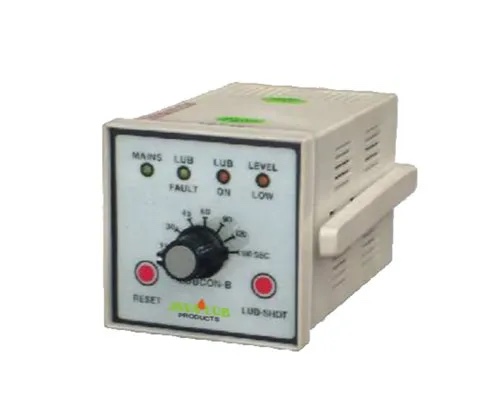
The Electric Power Control Unit (EPCU) serves as the nerve center of electric vehicles, optimizing power flow, managing energy storage, and ensuring efficient performance. By harnessing the capabilities of EPCUs, electric vehicles offer enhanced efficiency, improved driving dynamics, and a greener transportation alternative. As technology advances, EPCUs will continue to evolve, driving the future of electric mobility.
References:
FAQs:
Q1. What is an Electric Power Control Unit?
Ans. An Electric Power Control Unit (EPCU) is a crucial component in electric vehicles that manages the flow of electrical power between the vehicle’s battery pack and various electrical systems, ensuring efficient power conversion, distribution, and control.
Q2. How does an Electric Power Control Unit work?
Ans. An EPCU receives electrical power from the battery pack and converts it into the appropriate voltage and current levels required by different vehicle systems. It monitors and regulates power flow, optimizing performance, and safeguarding the battery’s health.
Q3. What are the key functions of an EPCU?
Ans. The key functions of an Electric Power Control Unit include power conversion and distribution, battery management system, motor control, and regenerative braking control.
Q4. What are the benefits of EPCU implementation?
Ans. EPCU implementation offers enhanced efficiency and range, optimal power distribution, improved performance and acceleration, and intelligent battery management, resulting in a better driving experience and longer battery life.
Q5. How does an EPCU differ from internal combustion engine control systems?
Ans. While internal combustion engine control systems focus on managing fuel injection and ignition timing, EPCUs in electric vehicles specialize in power conversion, distribution, and motor control specific to electric drivetrains.
Q6. How does an Electric Power Control Unit contribute to enhanced efficiency and range?
Ans. EPCUs optimize power flow and distribution, maximizing the efficiency of the electric drivetrain and extending the vehicle’s range per charge.
Q7. What is regenerative braking control, and how does an EPCU manage it?
Ans. Regenerative braking control captures energy during deceleration and stores it back in the battery. EPCUs manage this process, ensuring efficient energy recovery and enhancing overall energy efficiency.
Q8. Can an EPCU monitor and manage the battery’s health?
Ans. Yes, EPCUs incorporate advanced battery management systems, monitoring the battery’s state of charge, temperature, and health. They protect against overcharging, deep discharging, and thermal damage, thereby increasing the battery’s lifespan.
Q9. How does an EPCU contribute to improved performance and acceleration?
Ans. EPCUs regulate power delivery to the electric motor, allowing precise control over acceleration, speed, and torque, resulting in smooth and responsive performance.
Q10. How will EPCUs evolve in the future?
Ans. As electric vehicles continue to advance, EPCUs will play a role in enabling faster charging, bidirectional power flow, vehicle-to-grid integration, advanced energy management algorithms, autonomous driving capabilities, and smart grid connectivity.


